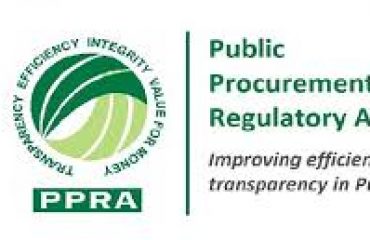Access to information held by Government bodies and the Data Protection Laws in Pakistan have lagged for quite some time now.
Pakistan took a major step towards right to access information law when in 2010 the 18th Constitutional Amendment included Article 19-A in the list of fundamental rights for citizens. The Article 19-A provides that every citizen shall have the right to access to information on all matters of public importance subject to the law and regulations regarding the same. Following the inclusion of this Article within the fundamental rights all the provinces legislated to have their own right to information laws as a result up till 2013 Baluchistan, Sind, Punjab and KPK had their own respective right to information laws. The federal government finally legislated in 2017 to promulgate the Right of Access to Information Act 2017.
According to section 6 of the RTI Act 2017, the following record of all public bodies is declared as public record:
- policies and guidelines;
- transactions which involved acquisition and disposal of property and expenditure and cost involved by a public body in the performance of its duties and functions;
- information regarding grant of licenses, allotments and other benefits;
- privileges, contracts and agreements made by a public body;
- final orders and decisions, including decisions relating to members of public;
- and any other record for the purpose of this Act.
Exclusion of Certain Record
According to section 7 of the said Act, information contained in documents such as the official record of armed forces, defence installations, details of individuals’ bank accounts, defence and national security, record relating to the personal privacy of any individual, record of private documents furnished to a public body, either on an express or implied condition, shall not be disclosed to a third party, though information regarding defence-related commercial and welfare activities can be accessed.
Procedure for Seeking Information
Any Pakistani citizen can make a request for seeking information regarding public offices by paying a certain amount, which will be fixed later. The principal officer will have to provide the applicant with the relevant information within three to ten days.
In case of non-availability of information, the officer will have to justify his or her act in writing and clearly state why such information cannot be disclosed. The applicant will still have the right of appeal.
The next step is going to be the law on Data Protection which also is an FATF requirement. Pakistan has on two occasions come quite close to promulgating one. Although there exists provisions on Data Protection in several different laws however a comprehensive law on Data Protection is required.



